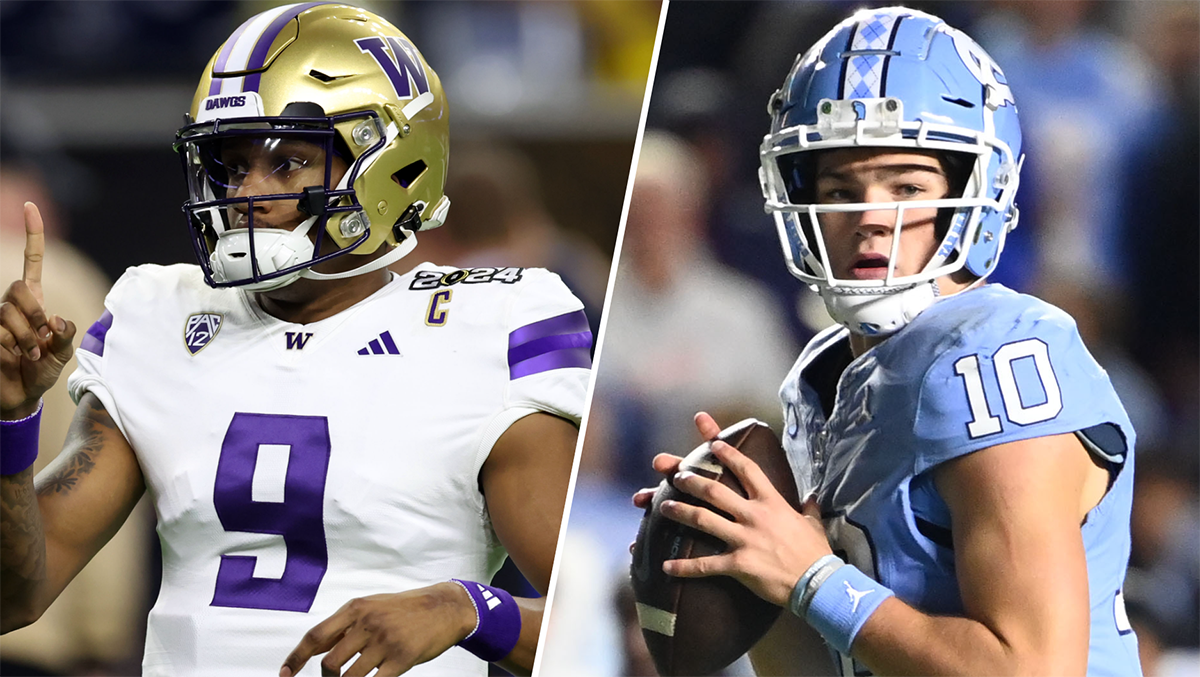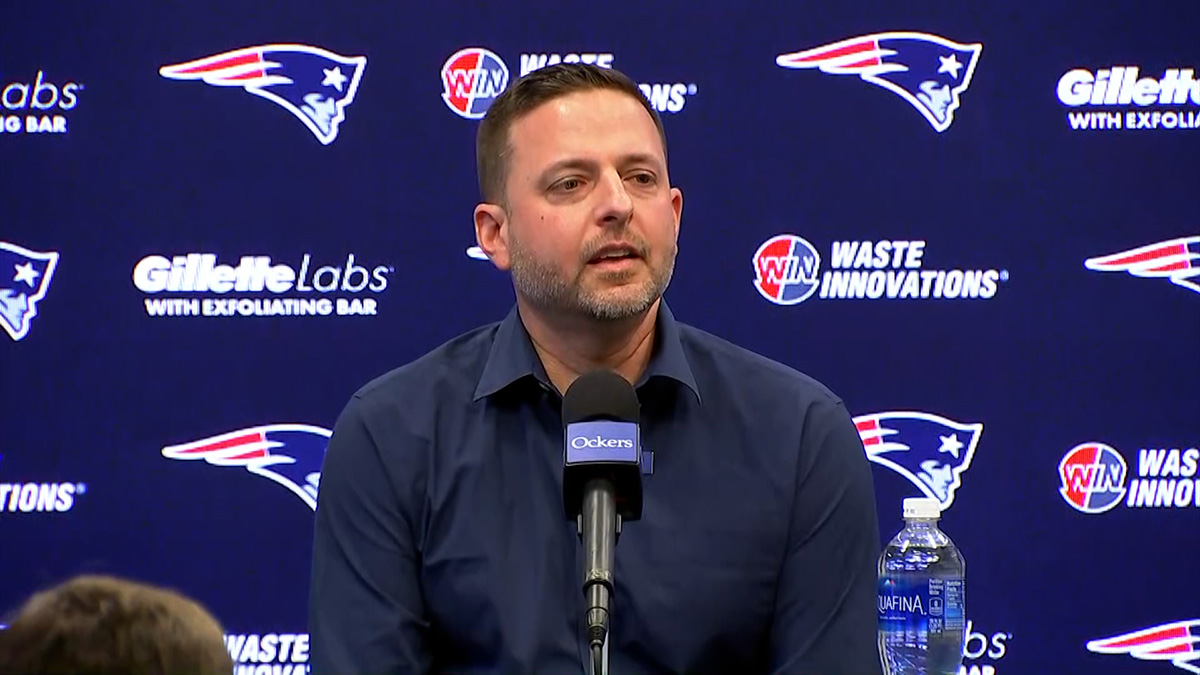Patriots offensive coordinator Josh McDaniels has shown he can adapt to any quarterback.
He can construct an offense based on a quarterback's skill set, whether it’s Cam Newton or Tom Brady or myself, Jimmy Garoppolo or Jacoby Brissett. He looks at a player’s strengths and can work within the offensive structure to basically create anything he wants. He’s very creative in that sense.
The 2021 NFL Draft class is really talented at quarterback. Teams like the Jets, Jaguars and even Washington will probably pick higher than the Patriots, though, so they may not have a shot at guys like Trevor Lawrence, Justin Fields and Trey Lance unless they trade up.
Stay in the game with the latest updates on your beloved Boston sports teams! Sign up here for our All Access Daily newsletter.
Patriots Talk Podcast: Warren Sharp highlights Patriots-Chargers coaching mismatch in critical game | Listen & Subscribe | Watch on YouTube
That’s an important question they’d have to ask themselves. Because no matter who you draft -- unless it’s Lawrence or Fields -- you still have to develop him into your system, which can take time. So, maybe they'd target guys like Kyle Trask from Florida or Jamie Newman from Wake Forest in the second or third round. But there’s no guarantees with anybody.
All of these kids are highly skilled. So, what may separate them is how they handle the game mentally. How do they operate at the line of scrimmage? Where are they psychologically in their ability to pick up a system? Are there any question marks there?
New England Patriots
I know the importance of the mental aspect from experience. I didn’t start a game in college, but the Patriots developed me over the course of four years, and Josh McDaniels was able to put me in a position where I felt comfortable.
In today's game, with the different looks and the diversity of disguises that defenses can show, you have to have a great understanding for football -- not just the passing game, but the running game as well.
That's especially important with the Patriots, because their offense is always changing. It’s always evolving. It’s a game plan offense, and that game plan might be completely different from one week to the next. The quarterback has to be able to adjust and adapt to those game plans.
So, the mental aspect of it is really important. They need a guy who not only has the physical skill set but also understands what he's seeing. Can they get you out of bad plays? Can they do the "check-with-me" calls? How much can you put on them to where you can continue to run your offense and get yourself into the best possible plays because they're making the right decision at the line of scrimmage?
Some college quarterbacks have never been asked to do "check-with-me’s" and don’t really have a good grasp of the run game. What if you’re calling a run play away from a safety or see a technique where you want to call a weak-side run to the three-man side? You have to seriously understand that stuff in order to be successful.
That’s why there’s so much weight put into meetings at the NFL Combine and 1-on-1s behind closed doors. They're a pivotal part of the draft process.
A coach will get a quarterback up to the board and you say, “Draw up a certain formation. Give me an over defense. Give me and under defense. Where might your problem be in a six-man protection? What’s your favorite protection?”
They ask all of these questions to get an understanding for the learning capacity a kid has, how much he was asked to do in college and how well he knows his Xs and Os.
Because some of these college systems are pretty simplistic. They have one protection scheme, or they spread it out and get into the right call based on what the coach calls from the sideline. It may not be as sophisticated as the offense they may run in the NFL.
That’s a big part of draft process at the quarterback position: evaluating those discussions and understanding where a kid is at from a football IQ standpoint.
If the Patriots are looking at quarterbacks in next year's draft, they'll place an emphasis on that.


